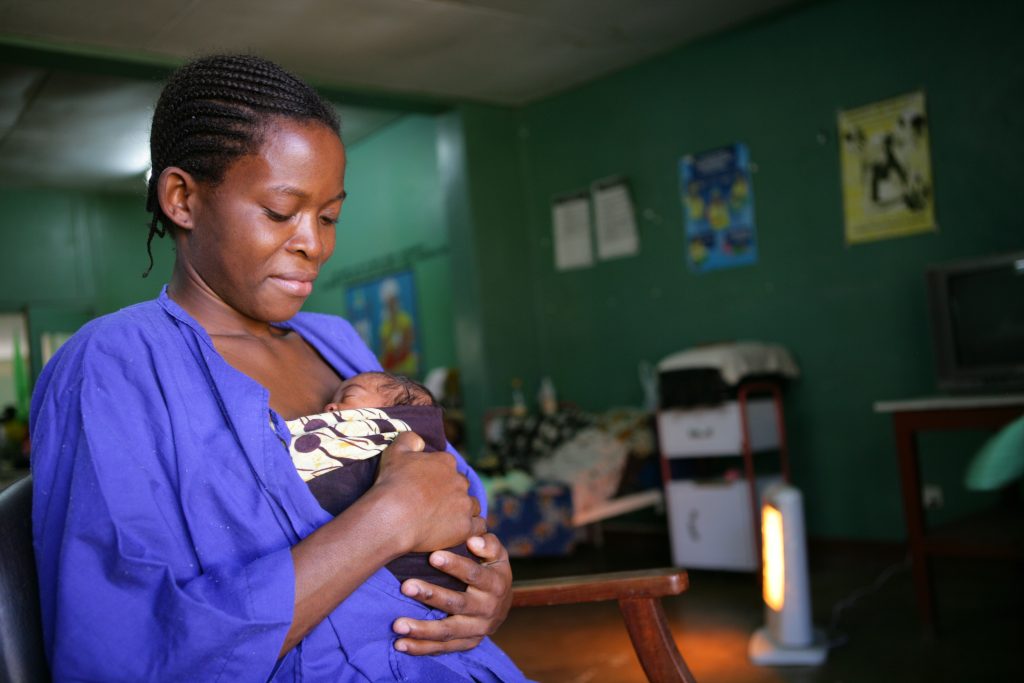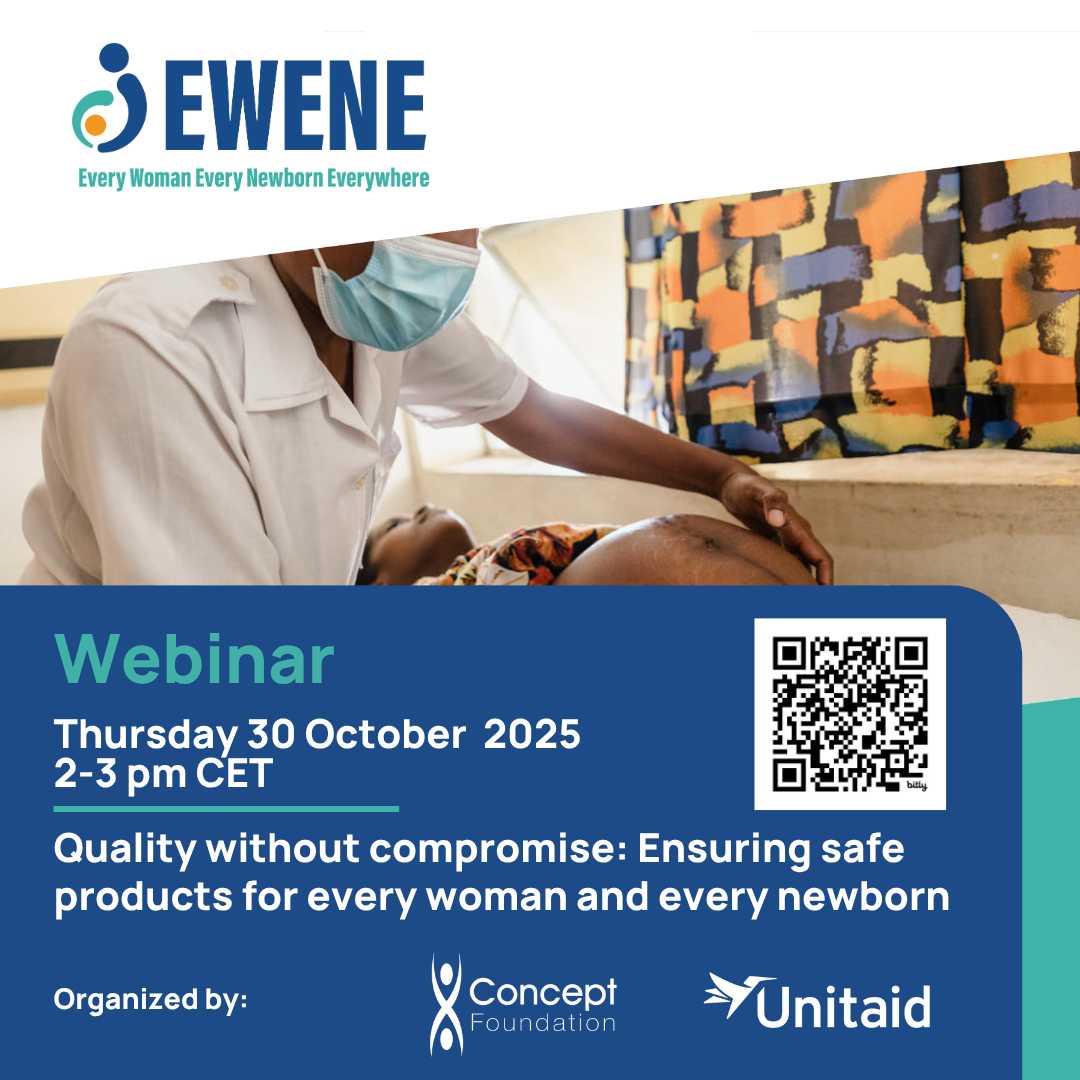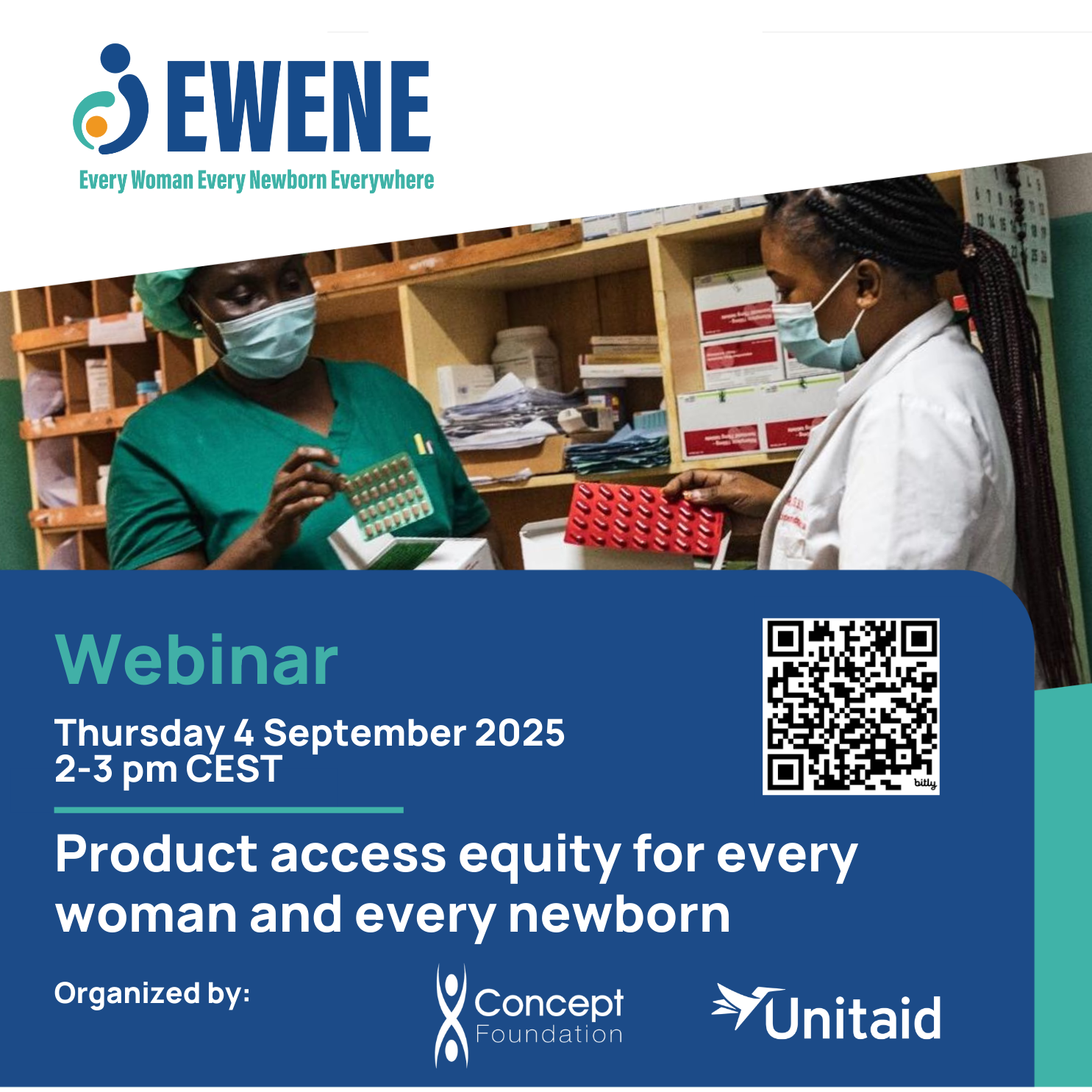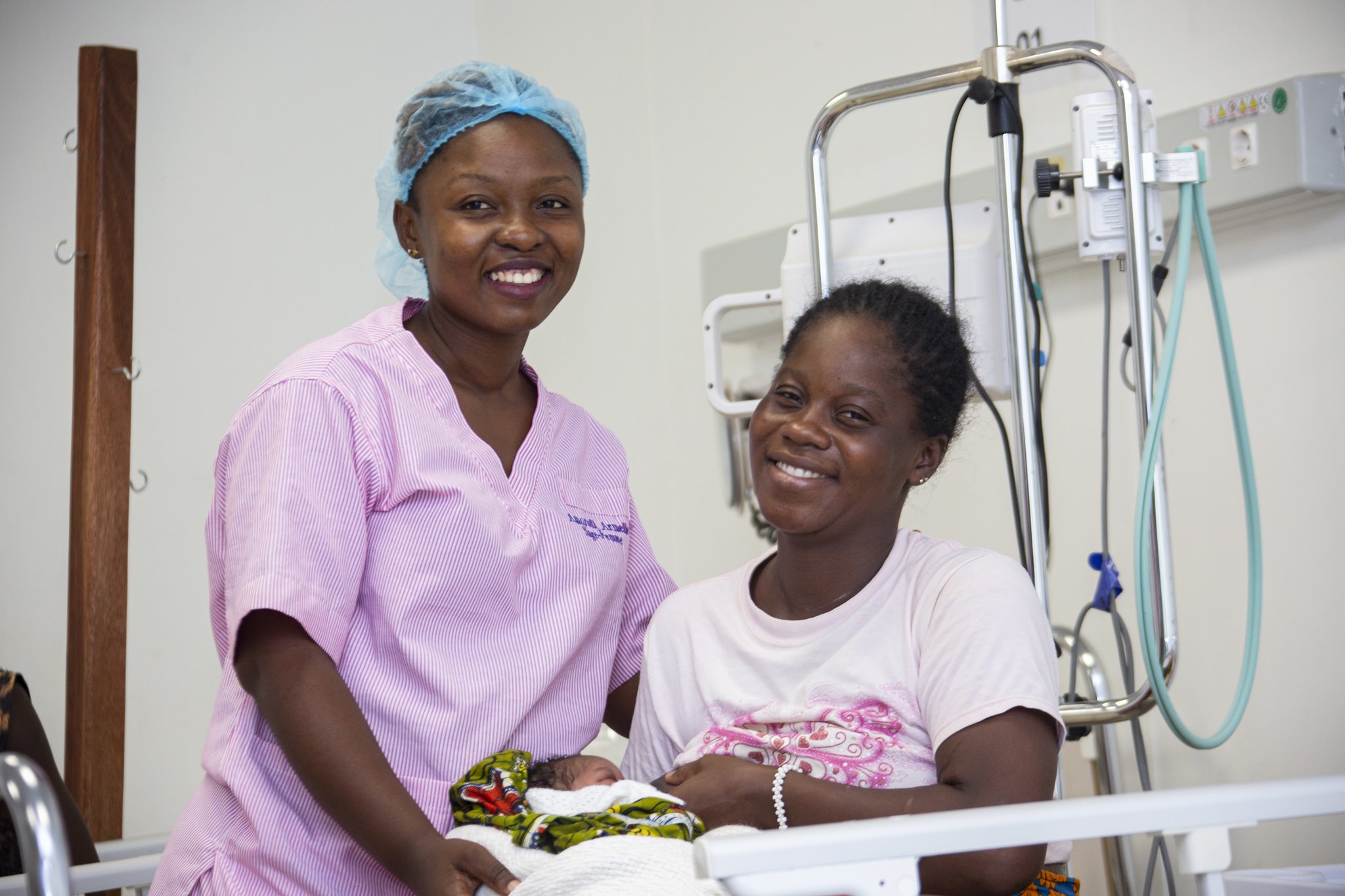Photo: A pre-mature baby on Kangaroo mother care at the maternity ward at Mangochi District Hospital in Blantyre, Malawi. © UNICEF
Every Woman Every Newborn Everywhere, co-led by WHO, UNICEF and UNFPA, is organizing a ministerial roundtable dinner on May 17th, on the sidelines of the 78th World Health Assembly, to discuss the impact of significant ODA cuts on maternal and newborn health and child survival, and possible responses to this challenge.
In 2024, 194 countries committed to the World Health Assembly Maternal, Newborn and Child Health (MNCH) Resolution, which aimed to accelerate progress in maternal, newborn, and child health to achieve SDG targets 3.1 and 3.2.[1] This resolution was part of a broader global effort to reinvigorate momentum for addressing the urgent needs in maternal and child health.
However, in 2025, development assistance for health has been severely affected with many Ministries of Health facing immediate as well as potentially long-term funding gaps.
In this session, the Ministers of Health of Guinea, Malawi, Nepal, Somalia, Sudan and Zambia, and the Director-Generals of Pakistan and Timor-Leste – all countries that have committed to the Maternal, Newborn and Child Health (MNCH) Resolution, and have adopted an acceleration plan for maternal and newborn health and/or child survival – will share their experiences. They will discuss the impact of sudden funding cuts on their health systems, and strategies to mitigate against this impact and respond to an unprecedented funding situation.
[1] https://apps.who.int/gb/ebwha/pdf_files/WHA77/A77_ACONF5-en.pdf



